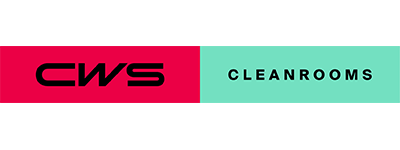Companies across the DACH region (Germany, Austria, and Switzerland) are some of the most advanced in the cleanroom sector.
The services of this region are world-class, with companies like Exyte and CWS Cleanrooms based here.
These companies are providing innovations not just to their own countries, but to the countries beyond.
Innovation hub
In 2024, Germany opened a first-of-its-kind metal-free €2m cleanroom at TU Bergakademie Freiberg. The public university of technology in Germany created the room to house highly sensitive dating analyses for studying rocks that would be falsified if the samples were exposed to metal in the room.
The furnishings and equipment are made entirely of non-metallic material, with the necessary metal parts encased in synthetic substances.
This is one of very few rooms like it in the world, only 10-15 exist.
In another spectrum, Germany especially, is capitalising on the increased hi-tech production needs.



